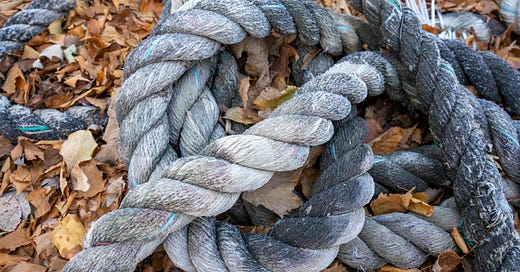We’ve all been there—reading a social media post that’s wildly inaccurate, feeling the urge to correct it with solid facts, only to be met with resistance or outright hostility. But why do people reject new information, even when it’s well-reasoned and clearly presented? The answer isn’t about intelligence or stubbornness—it’s about how deeply our beliefs are woven into our identity. When challenged, our brains instinctively defend rather than reconsider, tightening the knot of certainty rather than loosening it.
In this episode, we explore why facts alone rarely change minds and how cognitive biases—like the Dunning-Kruger Effect—lead people to overestimate their knowledge. Drawing wisdom from The Art of War and history’s turning points, we examine how offering a “golden bridge” to retreat, rather than forcing someone into a defensive stance, makes transformation possible. The Marshall Plan serves as a powerful example of how extending grace rather than punishment helped turn former adversaries into allies—a lesson just as relevant in personal conversations as it is in global politics.
So how do we help someone untie the certainty knot? We discuss three practical approaches: Ask, Don’t Attack, Find Common Ground First, and Let the Seed Grow—all designed to create space for reflection rather than resistance. If we want real change, we must shift our focus from proving we are right to fostering an environment where understanding can take root. Change happens in steps, not confrontations. This week, when the urge to correct someone arises, pause—loosen the knot with patience and grace, and trust that the truth will have room to be heard.
Joni Miller is a writer, researcher, spiritual coach, and speaker who uses her knowledge, education, and love of all things spiritual to help others find their unique spiritual path. www.SpiritualGeography.net














Share this post